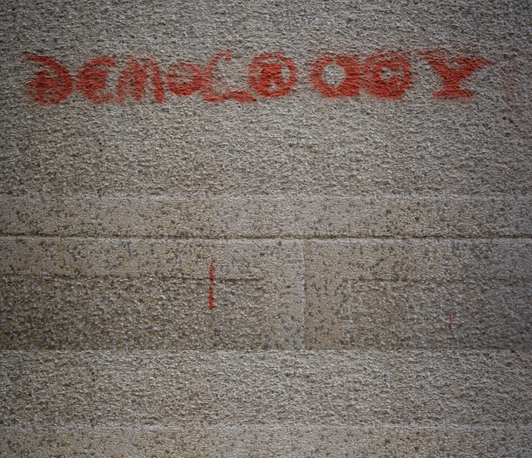
Democracy and State Secrets
Calibrating Public Accountability in Modern Intelligence Gathering
This comparative law project examines the impact of the Internet and digital communications on networked accountability mechanisms in contemporary democracies (ie Germany, USA, UK, and Canada). Concentrating on modern-day intelligence gathering trends, my principal research question is whether mass ‘full-take’ information surveillance (and its legal authorisation) is consistent with established principles of self-governance, principally theories of separation of powers, judicial review, and democratic accountability. The scholarship addressing these issues is scarce and exposes a necessity for more integrative methods and synthetic thinking. Given that public accountability theory itself has been slow to progress, new ideas and innovative scholarship are urgently required to prevent fast-paced technological developments from overcoming our global freedom of expression laws, conceptual models, and centuries-old accountability networks and constitutional structures. Aimed at the intersections of digitization, domestic intelligence gathering laws, and the efficacy of our public accountability networks, this project addresses a combination of contextual, legal, and normative questions reflecting the Department’s research agenda. To position scholarly debate within an appropriately sophisticated framework, this project incorporates a methodological blend of functionalism, interdisciplinarity, democratic theorising, statutory interpretation, and doctrinal analysis. Preliminary results indicate that due to radical changes in our digital media landscape, both the institutional press and the judiciary remain critically undertheorised as accountability mechanisms. By failing to account for technical ex ante strategies that function as judicial prior restraints without the need for ‘open-court’ proceedings, increasing risks of privatised government censorship and regulatory capture present novel lower-salience structural threats to our democracies. Substantive outcomes will include a revised, more rigorous understanding of accountability dynamics in contemporary intelligence gathering, an improved ‘systems-based’ model for evaluating democratic accountability dysfunctions, and important public policy and law reform recommendations applicable to both common law and civil law jurisdictions.
| Research outcome: | peer-reviewed journal articles and manuscript (2020−2025) |
|---|---|
| Research focus: | 3. Challenges: Fundamental Rights, Rule of Law, Democracy |
| Project language: | English |
| Photo: | © Gorodenkoff/Shutterstock.com |
Workshop
Talk: Reasserting Democratic Accountability: Implications for Public Security Regulation.
Co-convenor of the workshop.











